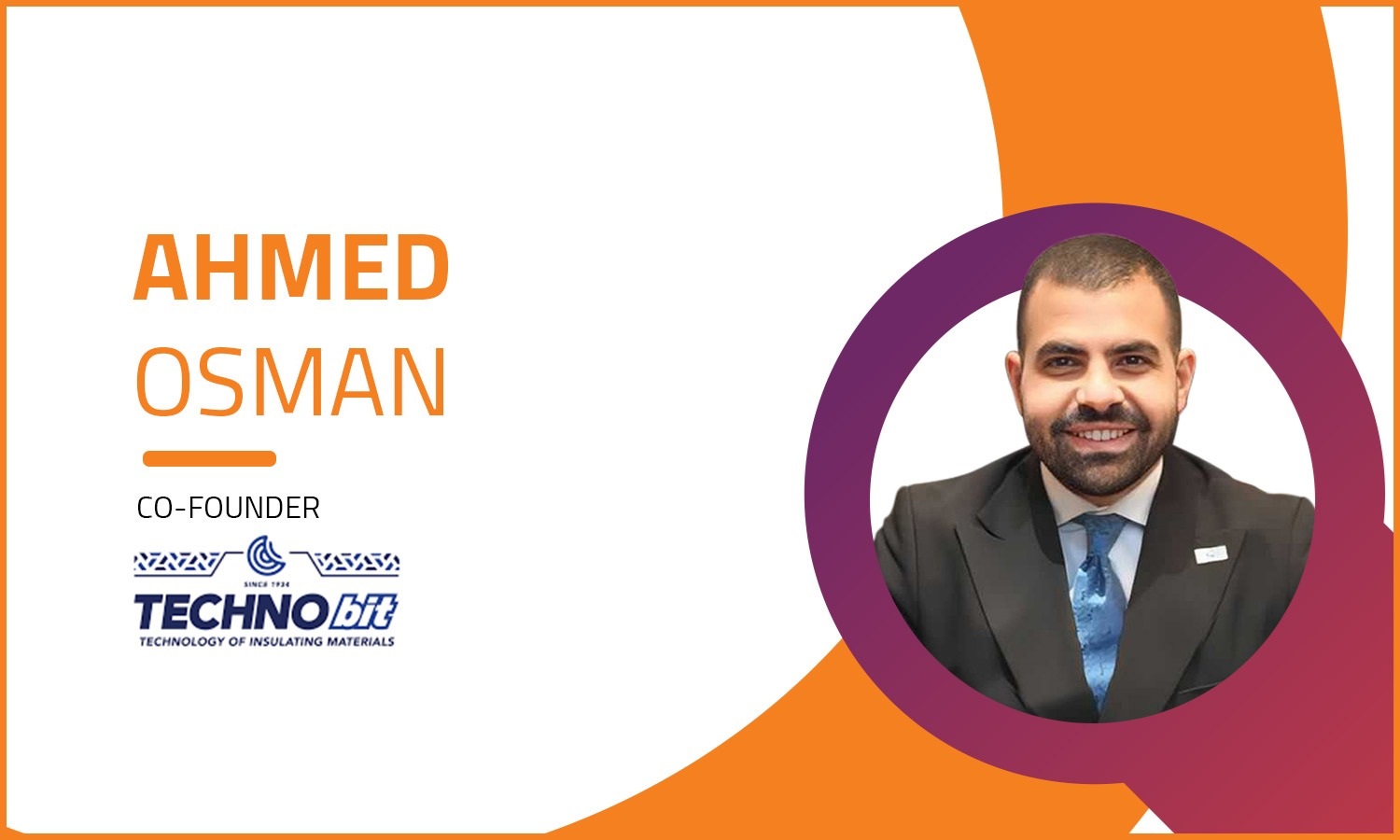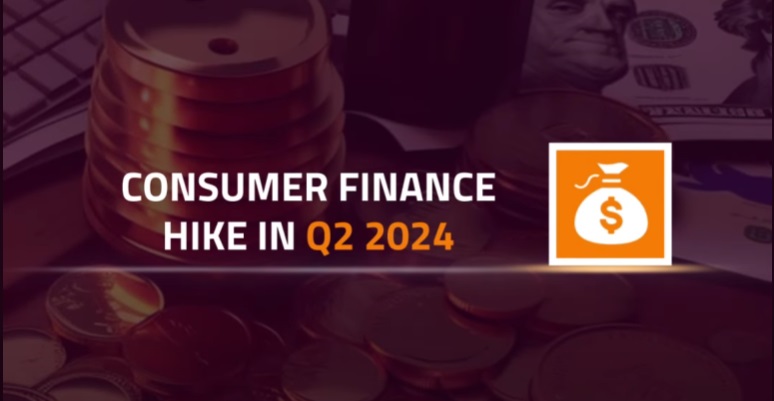IMF Mission in Egypt: A Make-or-Break Moment for Economic Stability
Updated 1/16/2024 8:00:00 AM
Representatives from the International Monetary Fund (IMF) are slated to visit Egypt in January to review the country's economic performance and discuss the financial assistance terms under its economic reform program.
The visit is significant as it will allow the IMF to evaluate Egypt's progress and challenges, particularly in the context of its current IMF program and the country's efforts to address economic concerns such as inflation and currency stability.
Accordingly, it will be decided whether an IMF mission would review Egypt’s economic reforms before approving the next tranche of the IMF loan.
IMF Program in a Brief
The IMF has supported Egypt's economy through various loan programs. Egypt had an outstanding loan of about $3 billion as of February 28th, 2021, which was approved under a Stand-By Arrangement (SBA). This comes as Egypt was set to mitigate economic challenges caused by the COVID-19 pandemic.
In December 2022, the IMF approved a 46-month $3 billion Extended Fund Facility (EFF) for Egypt. This IMF-supported program aims to preserve macroeconomic stability, restore buffers, and foster sustainable growth.
The EFF is planned to be disbursed in eight tranches, each preceded by a half-annual review. The IMF review, originally scheduled for March 2023, was postponed several times, delaying the second loan tranche.
The Egyptian government and the IMF agreed in September 2023 to combine the first and second reviews, which were planned to be conducted at the same time before the end of 2023 but got delayed.
In October 2023, IMF Managing Director Kristalina Georgieva stated that Egypt’s $3 billion EFF from the IMF could expand as the agency was studying an augmentation due to the economic impact of the Israel-Gaza war.
Moreover, Business Today Egypt last October quoted sources familiar with the discussions as saying that Egypt looks forward to increasing the EFF loan from $3 billion to $5 billion.
IMF Visit Expectations
The IMF has started talks with Egypt over policies for the $3 billion EFF loan to succeed. On January 9th, Georgieva met with Egypt’s Minister of Finance Mohamed Maait and the Governor of the Central Bank of Egypt (CBE) Hassan Abdalla at the IMF headquarters to discuss the EFF extension.
Later, IMF spokesperson Julie Kozack said in a press briefing on January 11th that the financing amounts and potential disbursements to Egypt are being discussed with Egyptian authorities. The discussion will continue over the coming weeks, tackling policy enhancements, flexible exchange rates, and the need for tighter fiscal and monetary policy. Kozack expects talks to go on in the coming weeks "to operationalize the key policy priorities."
Meanwhile, Ahmed Fawzy Hussein, PhD Holder and Assistant Professor of Economics, tells Arab Finance: "It is challenging to predict if the IMF would delay the review process again. The decision ultimately depends on various factors, including Egypt's progress in implementing the agreed-upon reforms and the overall economic situation at the time. However, it is essential for Egypt to demonstrate its commitment to the agreed-upon reforms to maintain the confidence of the international community and ensure a smooth review process."
This comes as the surrounding circumstances may pose a challenge to the IMF review. Hussein points out that “several factors could potentially hinder Egypt from receiving the next IMF tranche. These could include delays or insufficient progress in implementing agreed-upon reforms; a significant deviation from agreed-upon macroeconomic targets, such as high inflation or a widening budget deficit; and external shocks, such as a sudden deterioration in global economic conditions or major geopolitical events impacting the region.”
Key Reforms
Egypt is set to continue its economic reforms in 2024 to be able to secure foreign currency reserves. Shady Shehada, an international trade and economics expert, tells Arab Finance: "To address the dollar gap in Egypt, fundamental solutions, not palliatives, are required, such as asking foreigners residing in Egypt to pay residency permits in the country estimated at $1,000 or its equivalent, or selling Egyptian assets. The matter requires efforts to stabilize the Egyptian market in preparation for stabilizing the Egyptian economy to attract local and foreign direct investment."
Shehada explained that Egypt further needs to direct investments and savings towards productivity in the fields of energy and electronics to export high-value goods and generate revenues in foreign currencies, so that the country does not become trapped in a vicious circle and fall into debt indefinitely.
Furthermore, Hussein explains that "regarding Egypt's monetary policy in 2024, it is essential to consider the overall economic conditions and IMF recommendations at that time. However, based on the IMF's previous statements, Egypt may need to tighten its monetary policy even more. This could involve measures such as raising interest rates or implementing stricter fiscal policies to address inflationary pressures or external imbalances.”
The CBE is also expected to correct exchange rates to close the large gap between the official exchange rate, equivalent to EGP 30.95 per $1 at the CBE, and the parallel exchange rate, equivalent to approximately EGP 55 per $1, according to Shehada.
Additionally, Egypt needs to focus reforms on several areas, including "fiscal sustainability by reducing subsidies and expanding the tax base, boosting governance and transparency in financial institutions, enhancing business environment, increasing labor market flexibility, developing education, financing small and medium-sized enterprises (SMEs), and developing social insurance systems,” according to Hussein.
Accordingly, Egypt is likely to continue its economic reforms; therefore, the IMF review is expected to take place, allowing for the second EFF tranche, if not an extension to the loan program. This occurs while Egypt has been having talks with IMF representatives over the reforms that need to be carried out to pave the way for the EFF success.
By Sarah Samir
Related News











